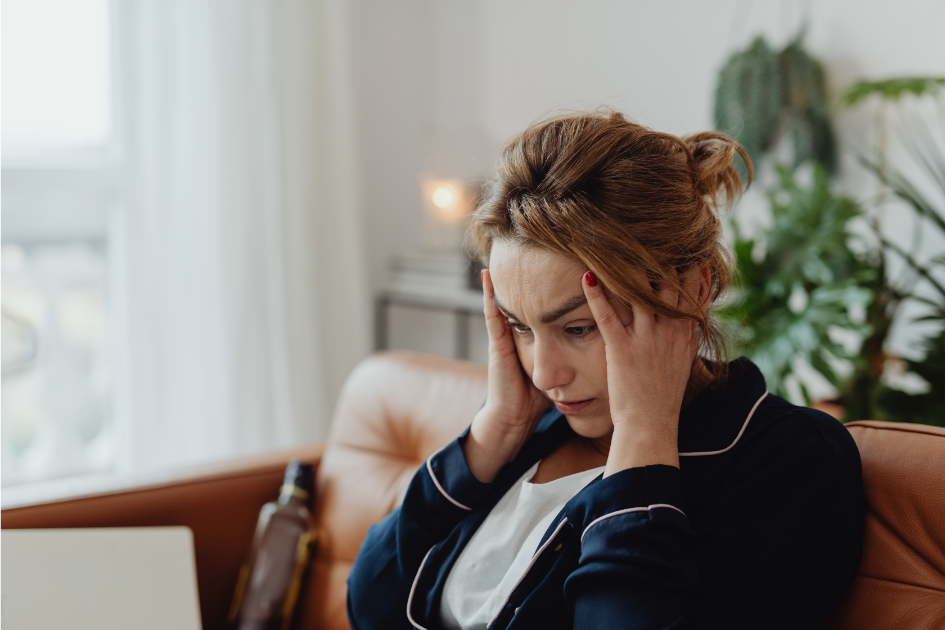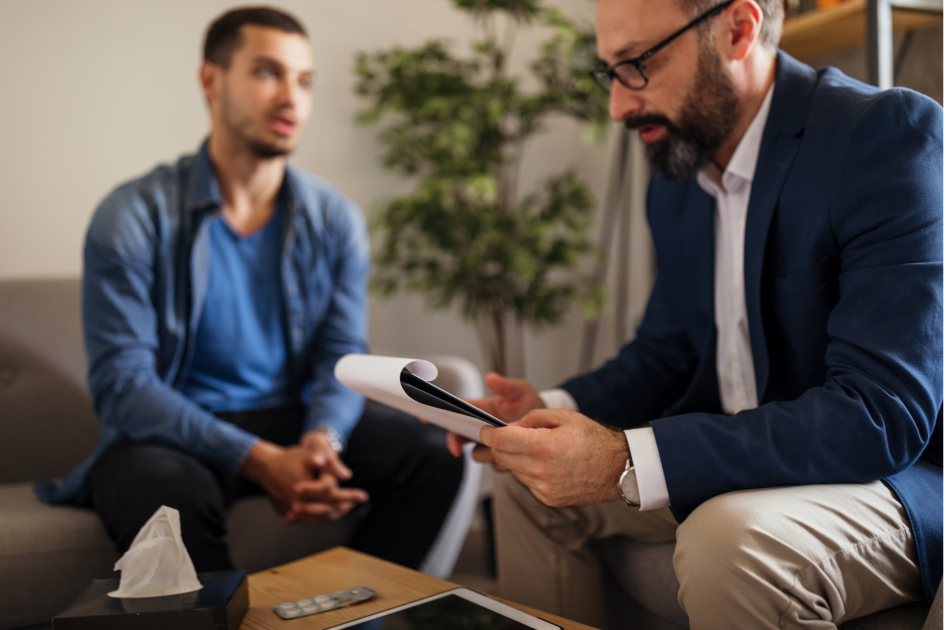Feel like someone's gaslighting you? A 3-minute test can help you determine if they are.
Gaslighting is designed to confuse, and the signs aren't always super clear.
Gaslighting can leave you feeling confused and unsure of yourself.
The term "gaslighting" has become a popular, everyday term, but there's still some confusion about what it means. Part of the reason is that the word has been misused so many times that the definition has become fuzzier. But another reason is that gaslighting itself is confusing for the person on the receiving end. Even if you know what gaslighting is, it's not always clear when or if it's happening to you.
To provide a brief explanation, gaslighting is a manipulation technique in which someone purposefully and maliciously makes someone question their reality. Abusers and narcissists will often use gaslighting to wear down their victims' sense of self as a means of establishing and maintaining control over them.
In a relationship, gaslighting can look like denying that something happened and telling the person they're crazy for how they're remembering it. It can look like flat-out lying about something the victim knows for sure to be true. It can look like invalidating someone's feelings and telling them they're overreacting. It can look like being cruel and then claiming it was just a joke or making the victim believe they're at fault for something the perpetrator did.

Sometimes, however, people use gaslighting to describe basic disagreements or arguing from different perspectives, like simply saying, "That's not what happened," or "That's not how I remember it." Actual gaslighting is intentional in its impact on the victim. People can have different memories of how something happened and disagree vehemently, but if a person isn't purposely trying to alter someone's sense of reality, it's not gaslighting.
Similarly, telling someone to calm down and not take things personally may not be a sensitive way to respond to a person who's upset, but it doesn't automatically equate to gaslighting, either. Gaslighting requires a malicious intent to manipulate and control.
As Dr. Robin Stern, author of the book The Gaslight Effect (2007) describes gaslighting on Psychology Today:
"Gaslighting is a form of emotional abuse where one person’s psychological manipulation causes another person to question their reality. Gaslighting can happen between two people in any relationship. A gaslighter preserves his or her sense of self and power over the gaslightee, who adopts the gaslighter’s version of reality over their own."
Gaslighting also isn't confined to a one-time event, but is more a a pattern of behavior. The gaslighter's repeated distortions and denials wear the victim down over time, making them doubt themselves and question their reality. That's part of what makes it hard to spot from the inside, since someone being gaslit is likely to question whether it's really happening.
If you detect an unhealthy dynamic in your relationship, it's important to seek professional help from therapist, especially if you suspect gaslighting may be at play. But having a tool to clarify what you're experiencing and help determine what kind of help is needed can be useful.
Psychology Today offers a 20-question online self-test to help you assess whether gaslighting might be a problem in your relationship. The test takes about three minutes and includes statements like "This person makes me feel like I'm unstable," "This person tells me that other people are not trustworthy," and "I choose my words carefully when I'm with this person." After responding to each statement with one of five answers ranging from Always to Never, the test tells you how likely it is that gaslighting is an issue in that relationship based on your answers. Possible outcomes include no signs, few signs, some signs, strong signs or very strong signs of gaslighting.
The test results page also provides more detail about what gaslighting is, things to watch out for so you can spot it, and tips for what to do if you are being gaslit in you relationship.
"The healthiest course of action, in most cases, is to end the relationship or significantly reduce contact," the site states. "Leaving a gaslighting relationship is challenging but possible. Confrontation is rarely effective; instead, trust your instincts, gather evidence, reduce or cut off contact, and seek help from friends, family, or a therapist."

Find the Psychology Today gaslighting self-test here. (And if you need a therapist to help you with your relationship struggles, you can search by location, insurance, and specialty on the website's "Find a Therapist" database of providers here.)
This article originally appeared last year. It has been updated.
